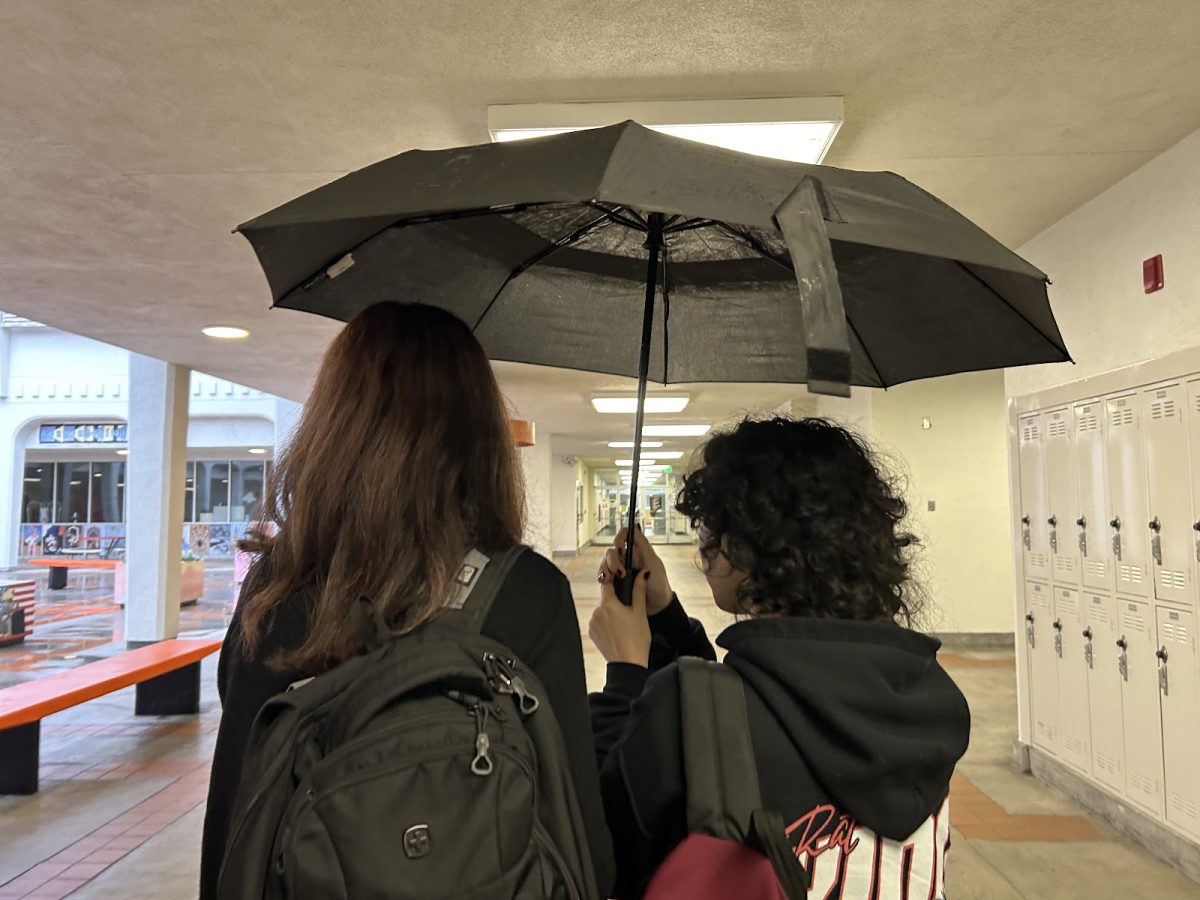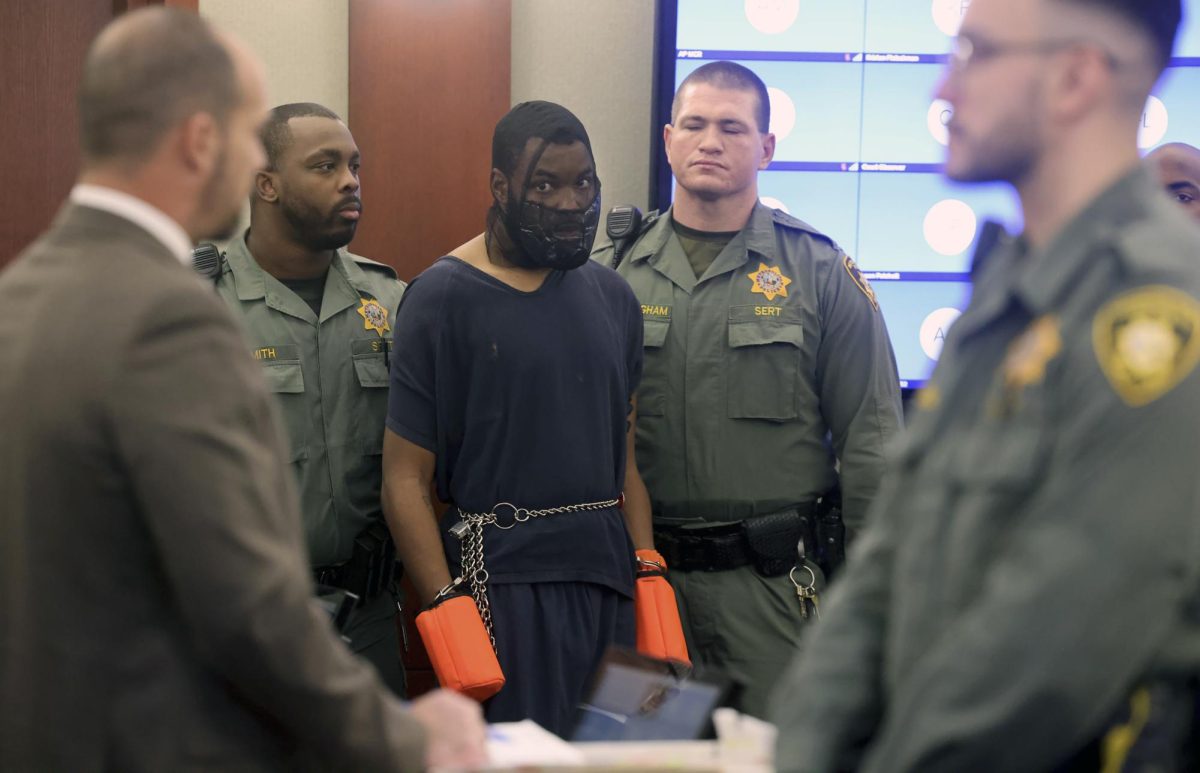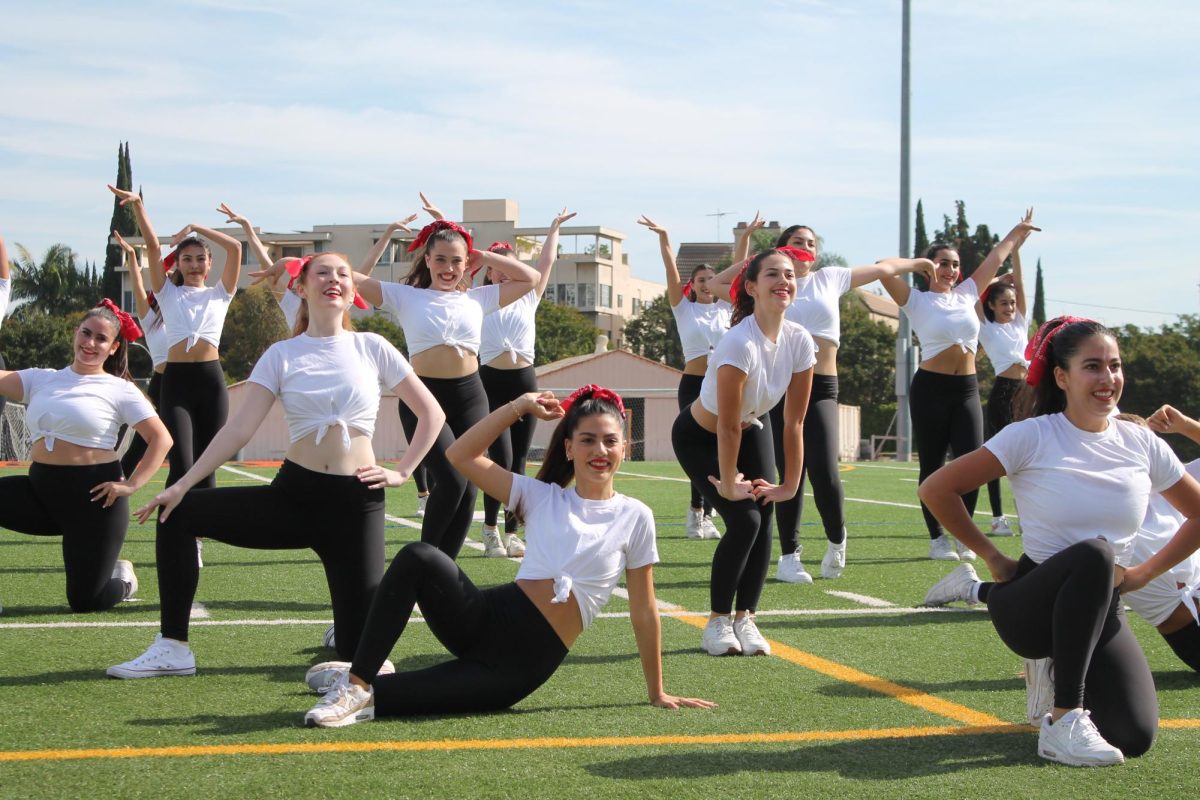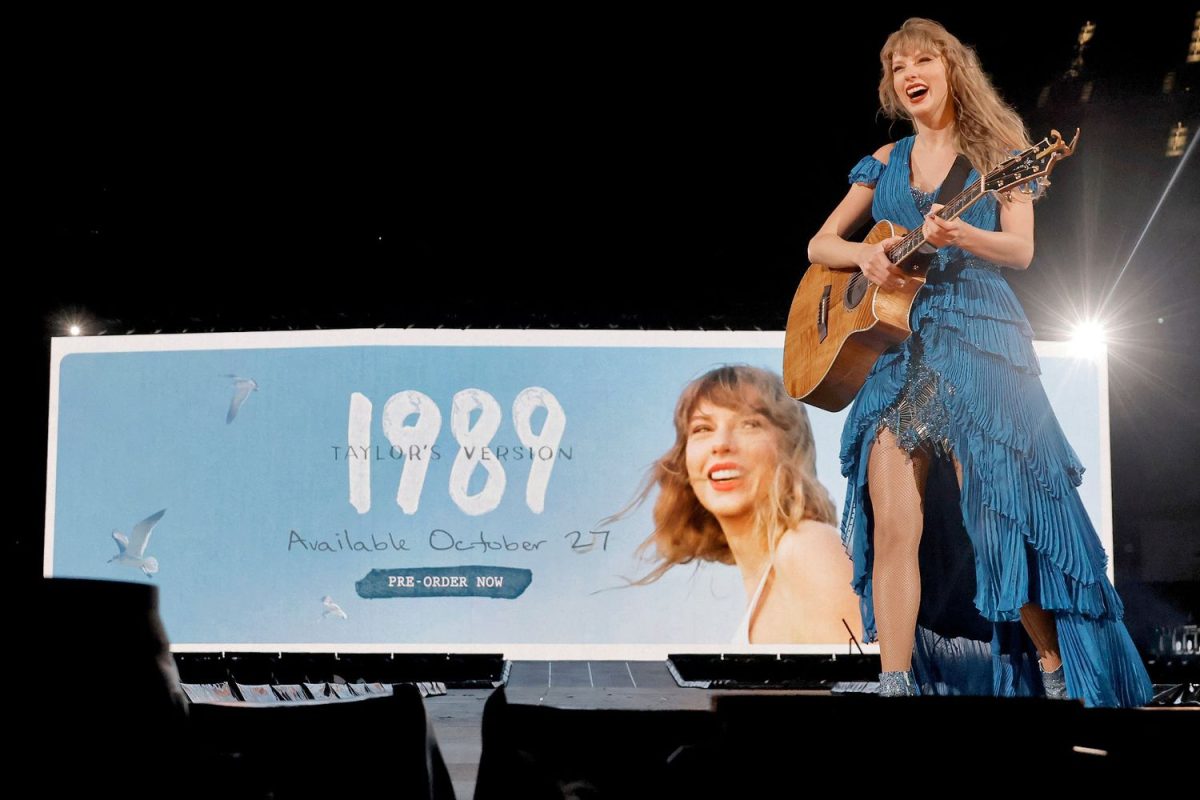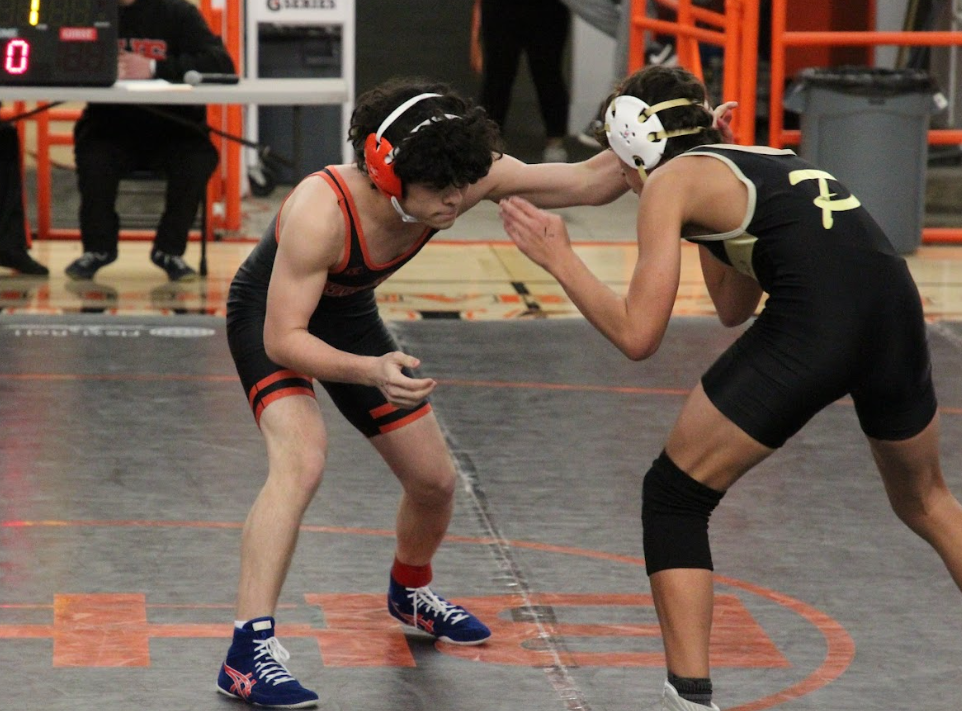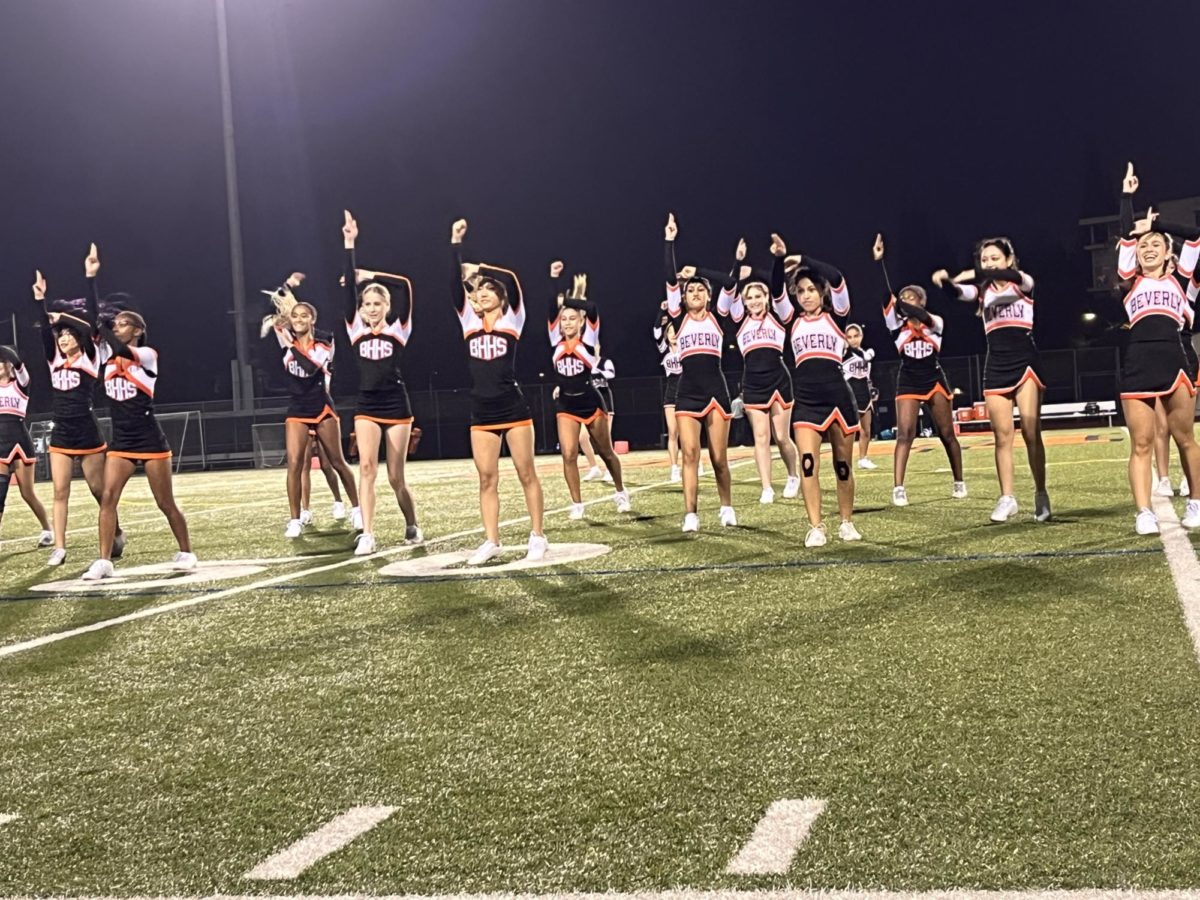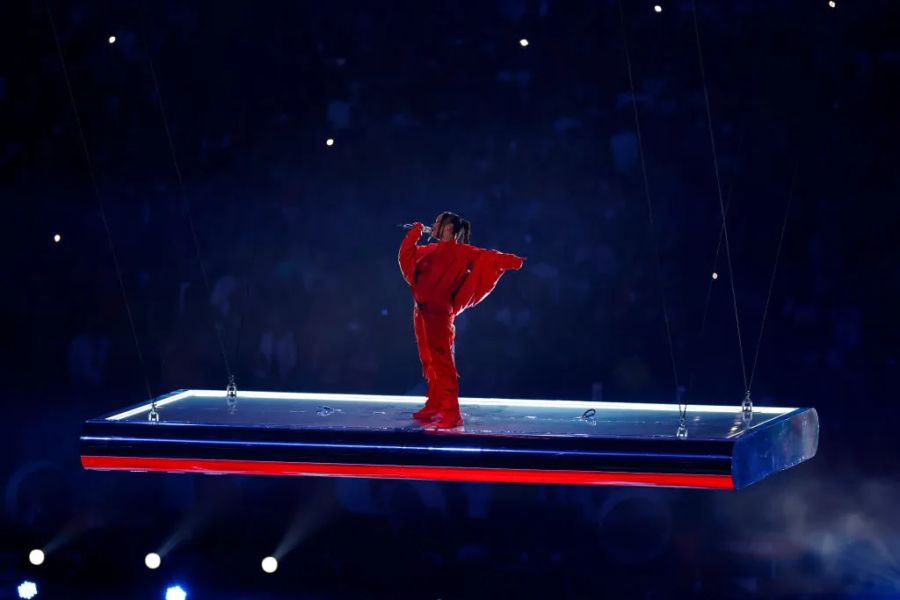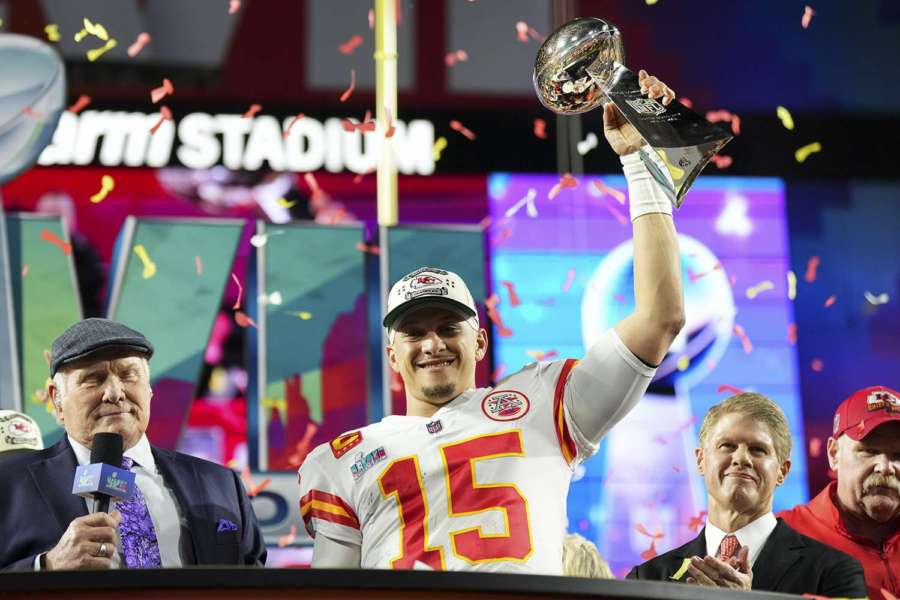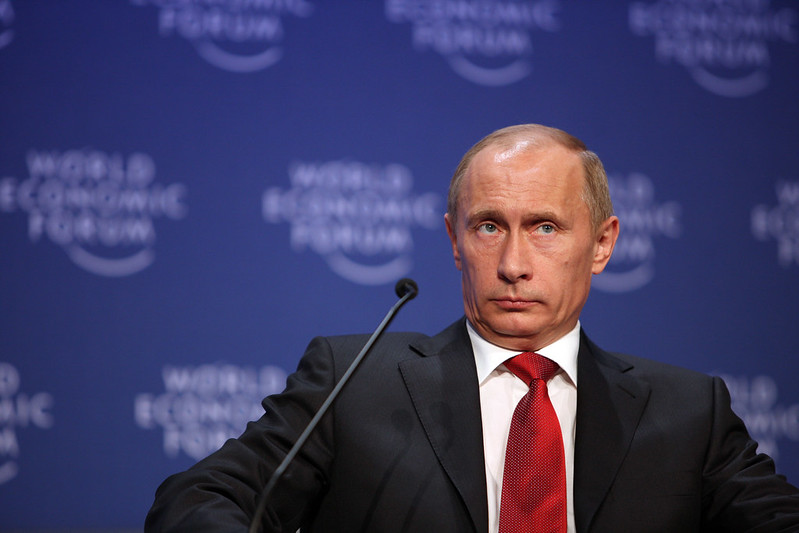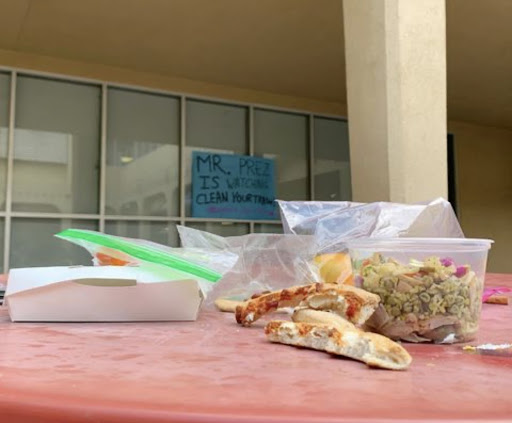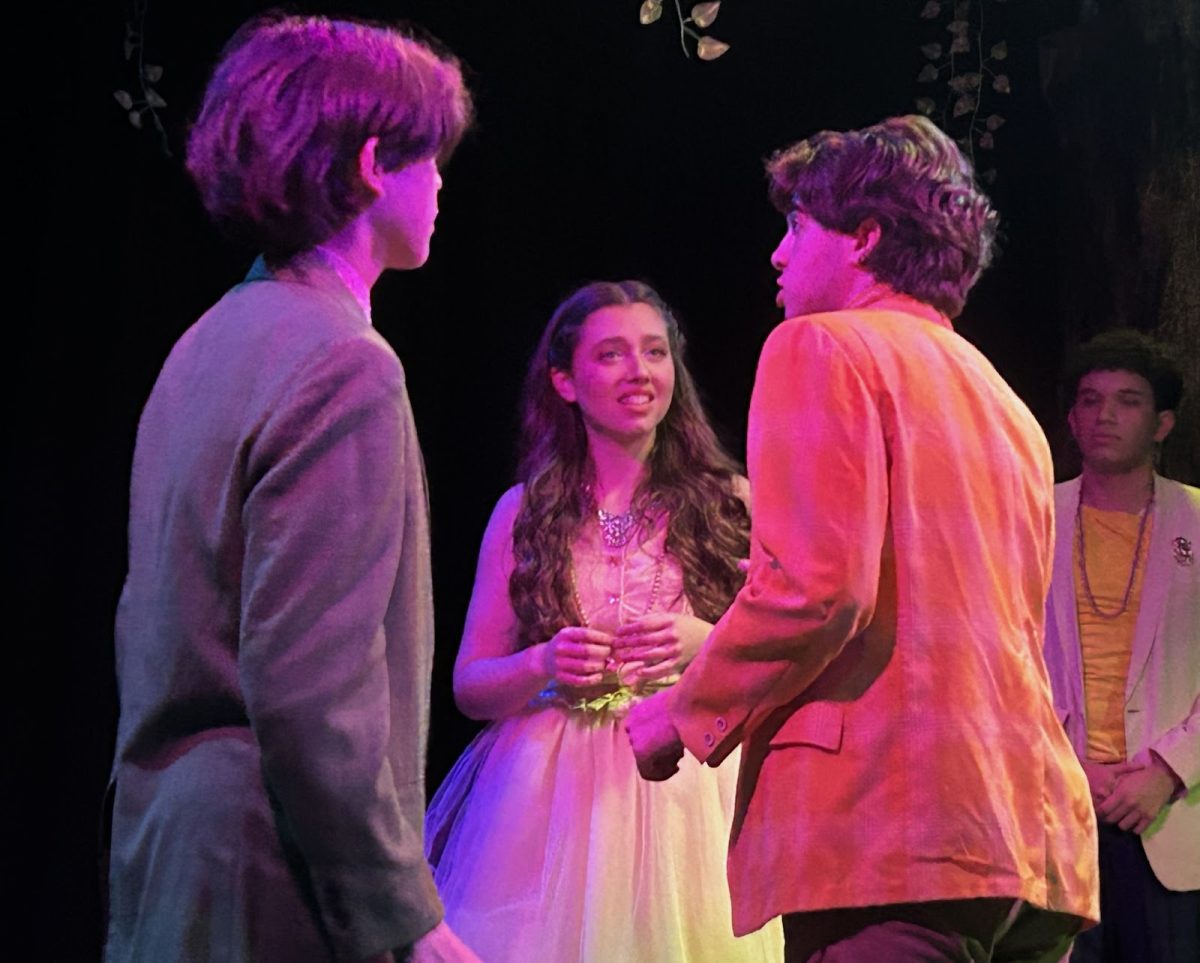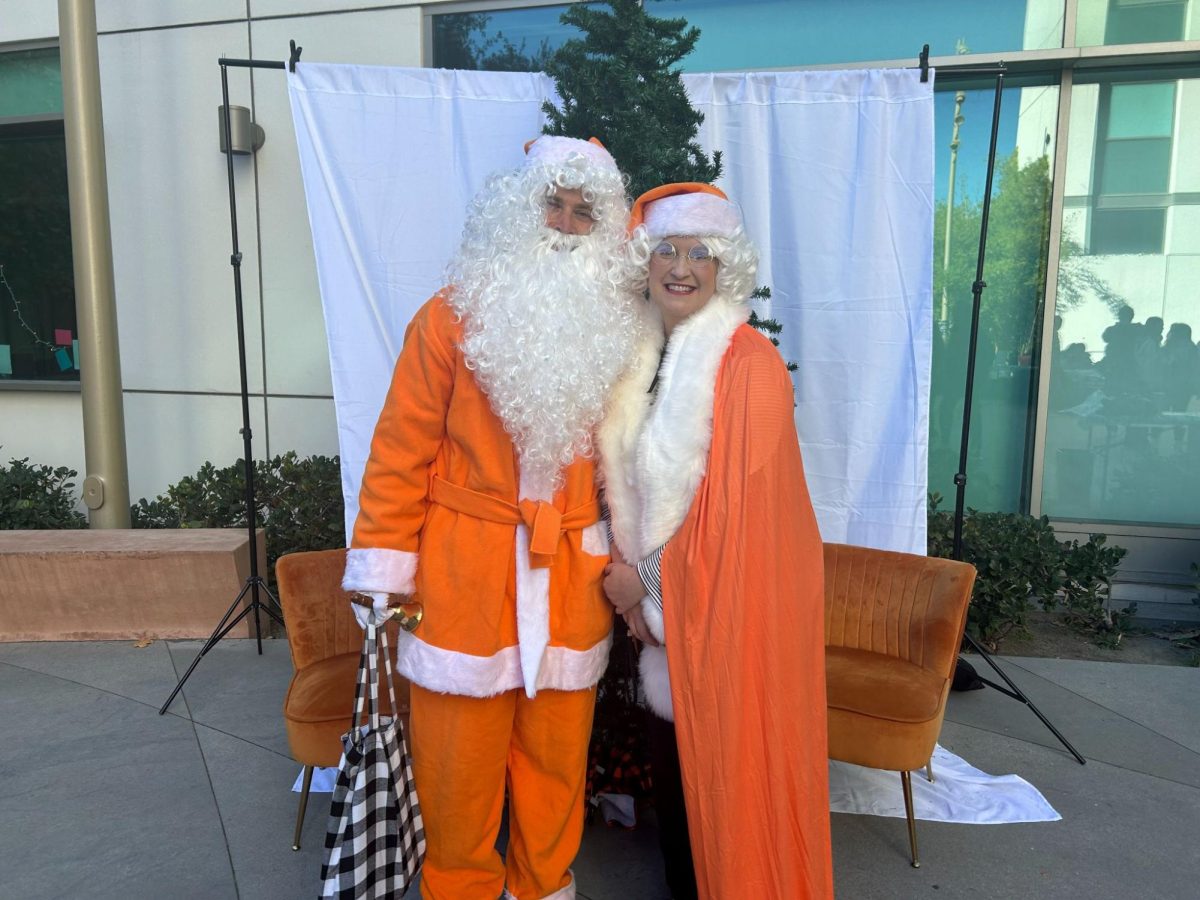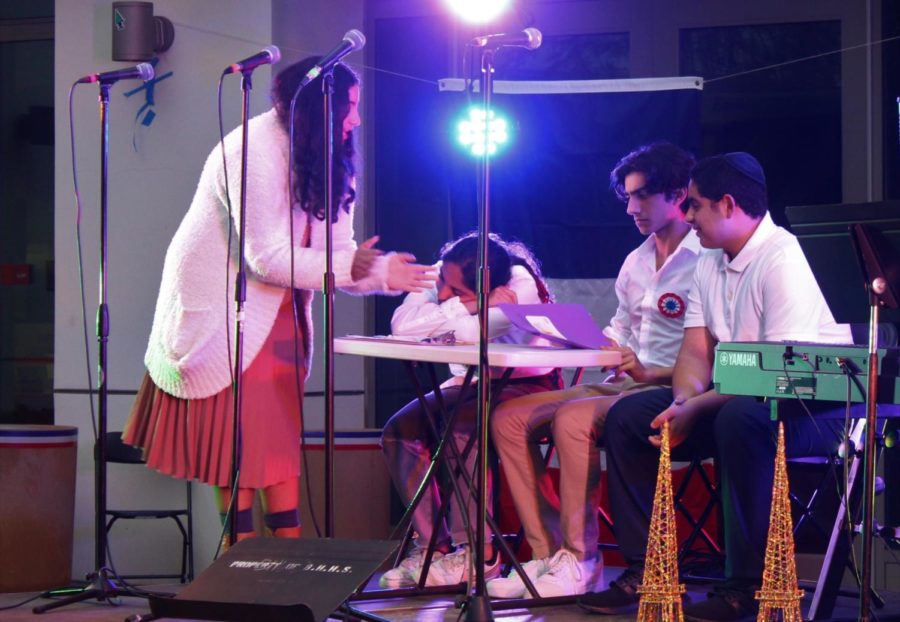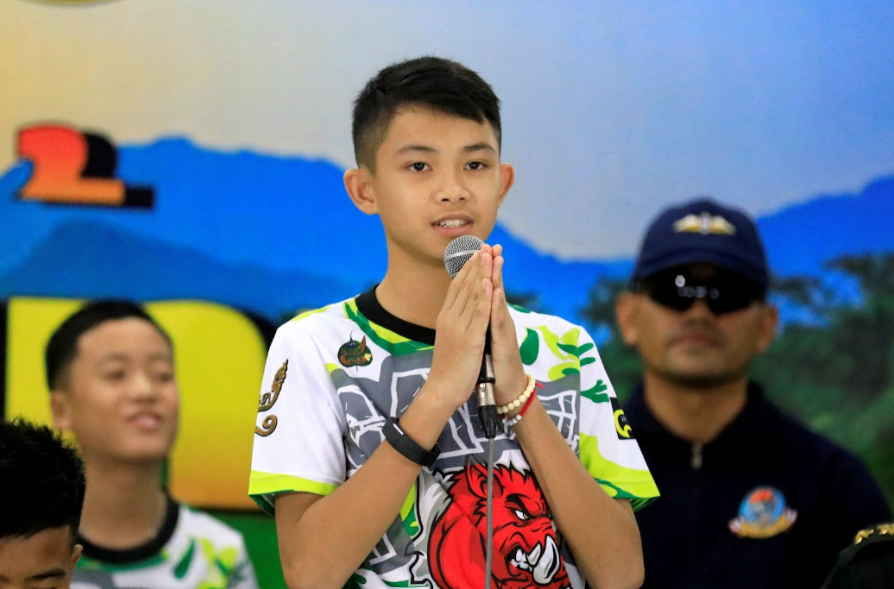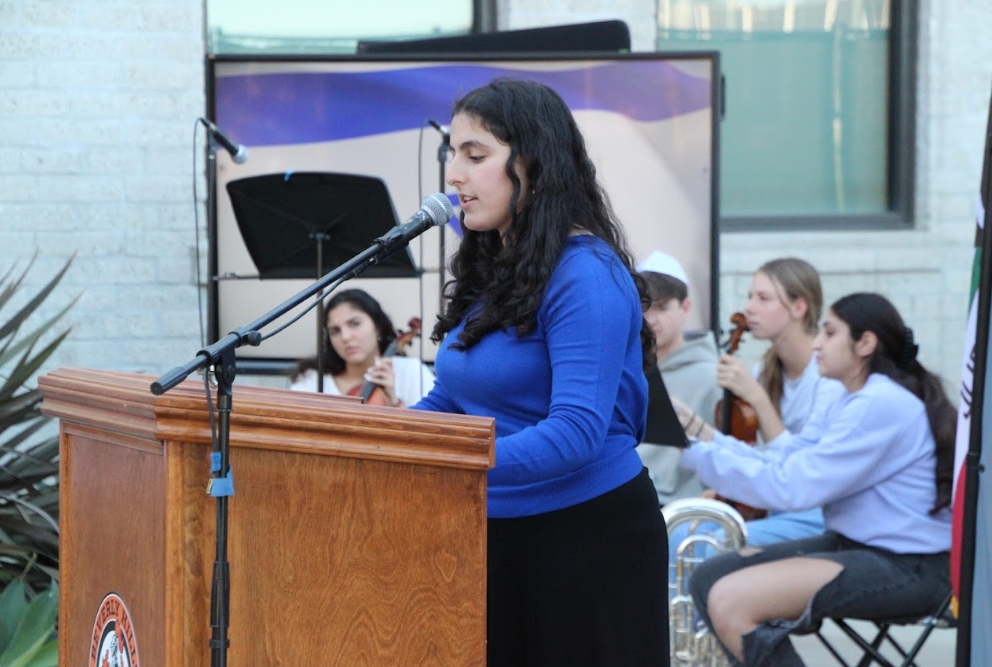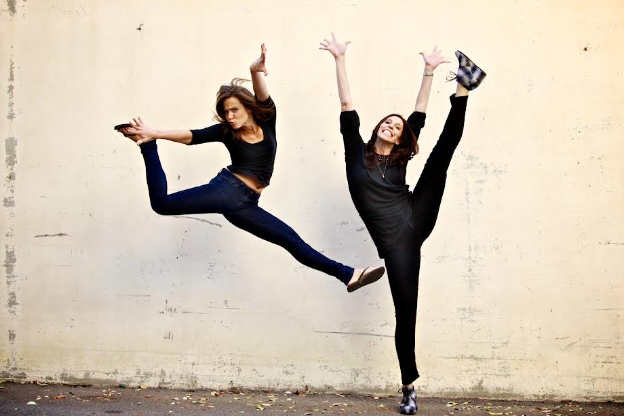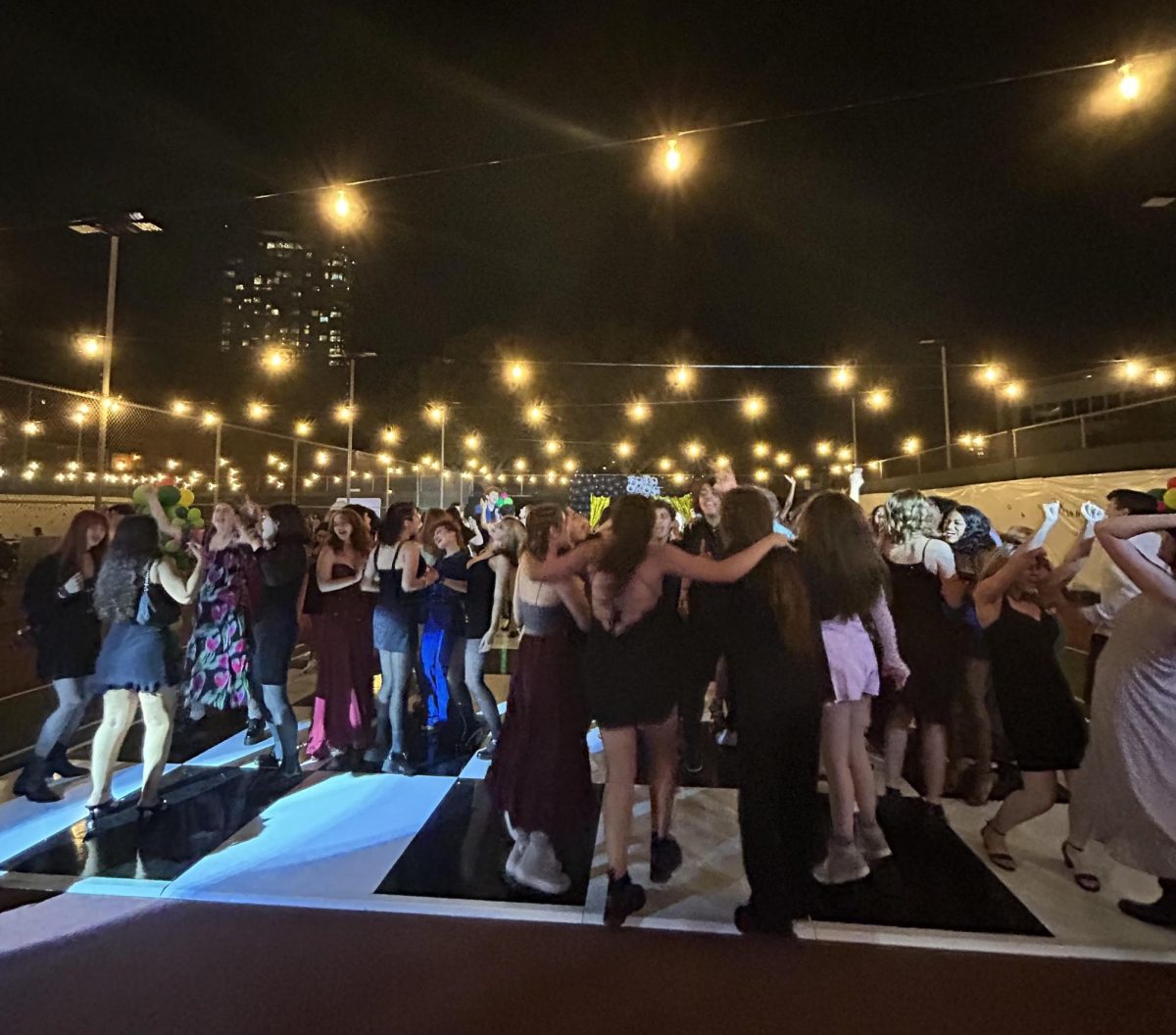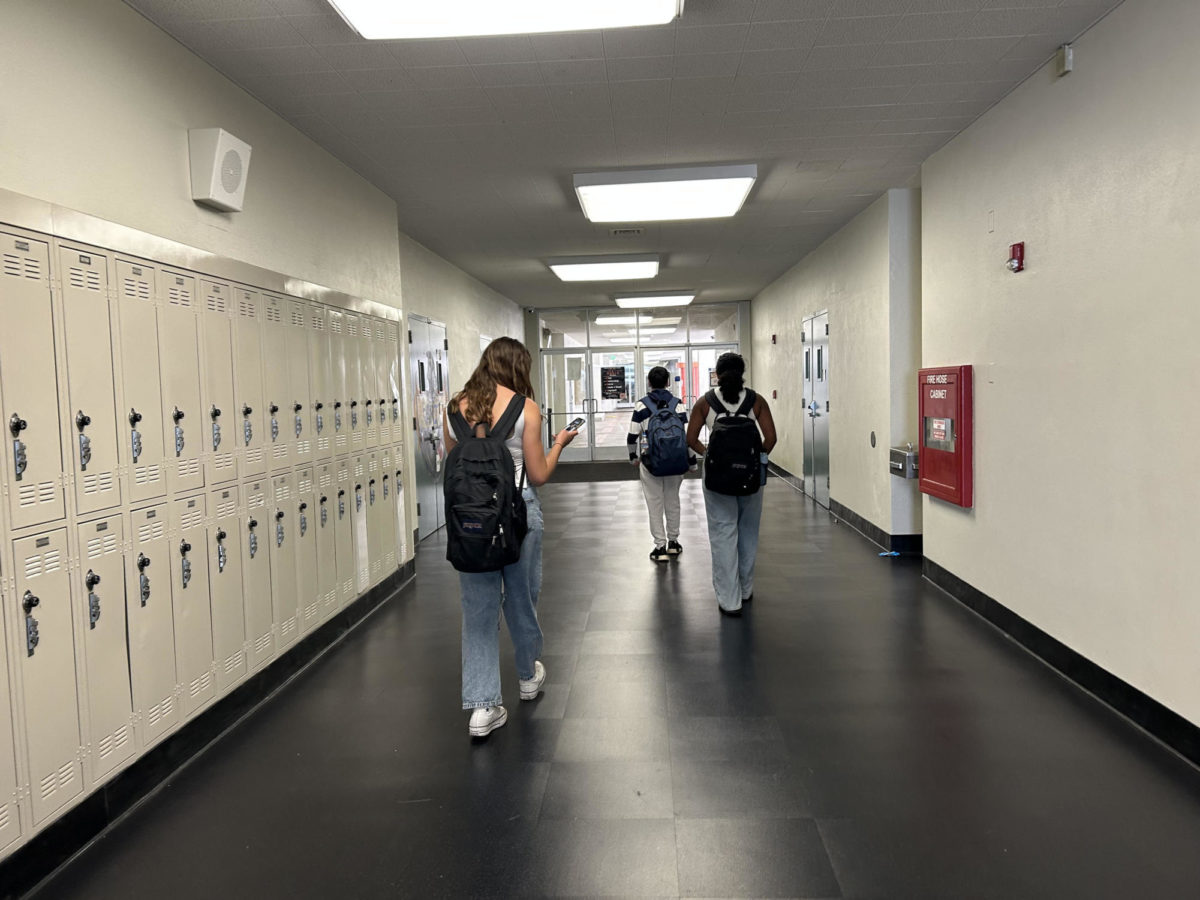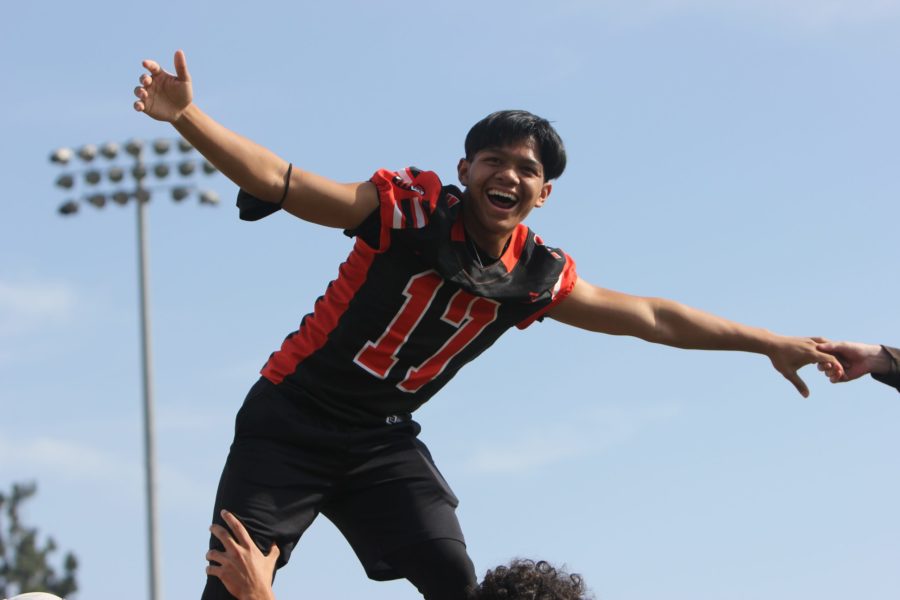Benjamin Hannani, spotlight editor
From Nov. 30 print edition
Recently, Beverly seniors had the opportunity to vote in the November election, which included propositions. Civil liberties may not have been up for vote on California’s ballot, but issues concerning same-sex marriage were on the ballot in Maine, Maryland, Washington and Minnesota (the majority of voters in those states supported the legalization of same-sex marriage). But I wonder: should 18-year-olds be allowed to vote on civil liberties? Should civil liberties even be up for vote?
I believe such rights should not be subject to democracy, regardless of minimum voting age. I would be horrified if my rights were decided by “the people.” By “the people,” I refer to the fickle electorate, the same voters in Maine who overturned a same-sex marriage law three years ago, which now flip-flopped in the past election. Why should citizens, like those in Maine, regulate our natural rights?
Individual liberties are being jeopardized in California, too. Proposed ballot initiatives to ban circumcision gained traction in San Francisco and Santa Monica until a San Francisco judge shot down the proposal and it was ultimately withdrawn. Simply put, “the people” should not have the power to dictate individual liberties, religious or otherwise.
From a civics perspective, one of the main pillars of democracy is minority protection. James Madison, one of our country’s Founding Fathers, outlined the necessity of minority protection in Federalist Paper No. 51 when he wrote: “In a society under the forms of which the stronger factions can readily unite and oppress the weaker, anarchy may as truly be said to reign as in a state of nature, where the weaker individual is not secured against the violence of the stronger.” Indeed, one of the framers of the Constitution argued that minority protection was a pivotal element of our republic.
One could argue that the electorate serves as a check and balance to the legislature; therefore voters should have a say in civil rights. But, we must keep in mind that voters are only accountable for their self-interest. Our legislators are entrusted with acting in the national interest.
In spite of recent progress to extend civil rights, those cynical of the government’s intentions can ease their fears. Just two years ago, the Don’t Ask, Don’t Tell Repeal Act of 2010 passed with overwhelming support in the House (250-175) and the Senate (65-31) before it was signed into law by President Obama. This past May, Obama became the first president in U.S. history to publicly declare support for same-sex marriage. Illinois Representative elect Tammy Duckworth, who declared on her campaign webpage that “When one person’s rights are threatened, everyone’s rights are diminished,” will be a model legislator as our nation expands civil rights.
Contemporary politicians would be wise to learn from one of our nation’s greatest heroes, President Abraham Lincoln. Lincoln knew that emancipating the slaves was simply the proper, moral decision. Had he issued a referendum for emancipation, the slaves would likely have been in bondage for decades thereafter. Civil rights may have developed exponentially since the slaves’ emancipation, but evidently the electorate has not. Our political system must make changes accordingly. Instead of continuing to jeopardize minority rights, policymakers must remove civil rights from voter jurisdiction entirely. Civil rights have no place in direct democracy; once we elect our representatives, we must entrust our republic to prompt equality. Only when power is abused are we, “the people,” constitutionally obligated to check and balance.
TRENDING NOW

